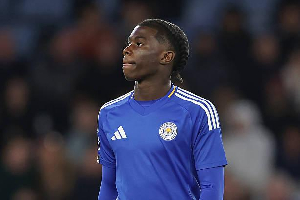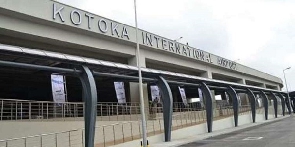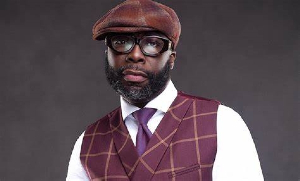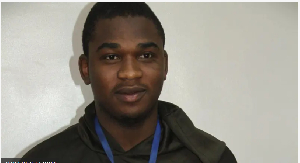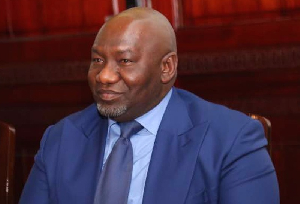By Kwame Okoampa-Ahoofe, Jr., Ph.D.
The fact that the Akan people of Ghana, who constitute the single-largest ethnic group in the country (at roughly 50-percent of the nation's population of some 25 million), are matrilineal, with constitutional powers of their monarchy vested in our Queenmothers, rather than our chiefs, ought to have served as a signal long ago that the currently all-male composition of the National House of Chiefs is more the anomaly than the norm. Togbui Binah Lawluvi VI's assertion, therefore, that doubling the membership of the NHC, perforce, requires a constitutional amendment to make it legal is only relevant in terms of legal formality. In brief, the legal modalities of the such expansion is secondary to the long-overdue need to promptly gender-equalize the membership composition of the National House of Chiefs (See "Proposed National House of Chiefs Expansion Unconstitutional - Togbui Binah Lawluvi VI" Graphic Online / Ghanaweb.com 1/8/14).
In other words, while it cannot be disputed that the 1992 Republican Constitution of Ghana has primacy in the general governance of the country at large, nevertheless, the Constitution of the National House of Chiefs, in practice, is a precolonial instrument of indigenous and/or local governance and ought not to be confused with the former. The NHC Constitution is also the more relatively organic to the cultural identity of Ghanaians as a whole. My unabashed contention here, also, is that the prompt seating of our Queenmothers ought to take immediate precedence over the purely clerical aspects of amendments to the relevant article(s) pertaining to the institutional operation of the National House of Chiefs.
Indeed, it is a rather damn shame that it took so long for the gender balancing in the National House of Chiefs to be made integral to our discourse on national governance. But it is also naturally to be expected that Ghanaians hailing from patrilineal and patriarchal cultures would feel a bit uneasy about such relatively radical upending of the status quo. In both genealogical instances, however, the undue delay in the seating of our grandmothers, mothers and sisters in our august House of Chiefs may well have been caused by the largely European colonial-influenced relative neglect of the education of women.
Nevertheless, it is never too late to rectify the flagrantly anomalous. For while our House of Chiefs remained the executive preserve of our menfolk, the greater half of the country's population was callously bereft of its right to be recognized and heard in the forum of our collective national destiny. What this also means is that intellectually and functionally, the National House of Chiefs operated only at half of its capacity. No wonder the House seems to have lagged decades behind schedule vis-a-vis the effective resolution of otherwise easily resolvable chieftaincy disputes, as well as other customary problems best tackled outside our Western-imported legal and judicial system.
In due course, the House may also have to base the representation of its membership squarely on population proportionality, and not on the current patently undemocratic system of having five members elected/appointed by each of the ten regions to the national chieftaincy forum. About the only situation in which the present one-size-fits-all system could be deemed tenable, is if the NHC were also to be converted into an upper-chamber of parliament, as seminally proposed by Dr. J. B. Danquah, as a means of balancing the power structure of the executive.
________________________________________________________
*Kwame Okoampa-Ahoofe, Jr., Ph.D.
Department of English
Nassau Community College of SUNY
Garden City, New York
Jan. 8, 2014
E-mail: okoampaahoofe@optimum.net
###
Opinions of Friday, 10 January 2014
Columnist: Okoampa-Ahoofe, Kwame




